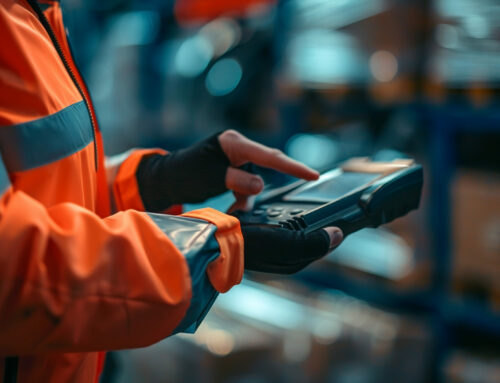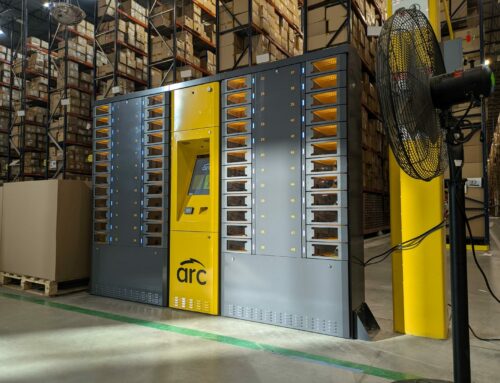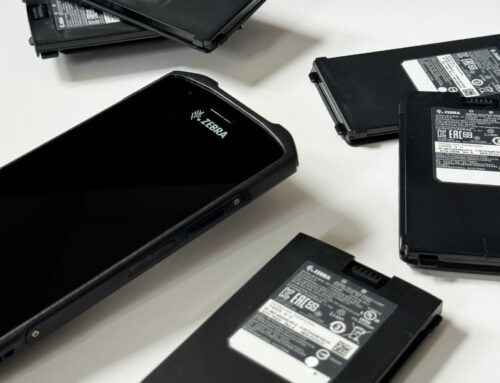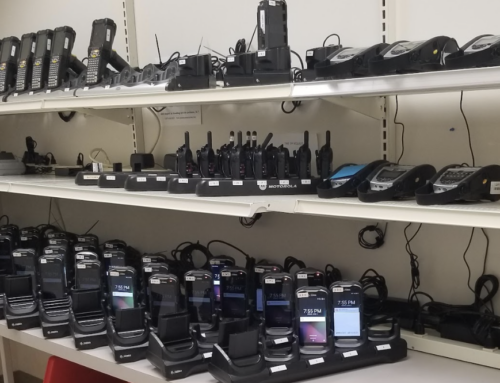Stores That Double as Labs: How Discovery Shopping Is Changing Retail
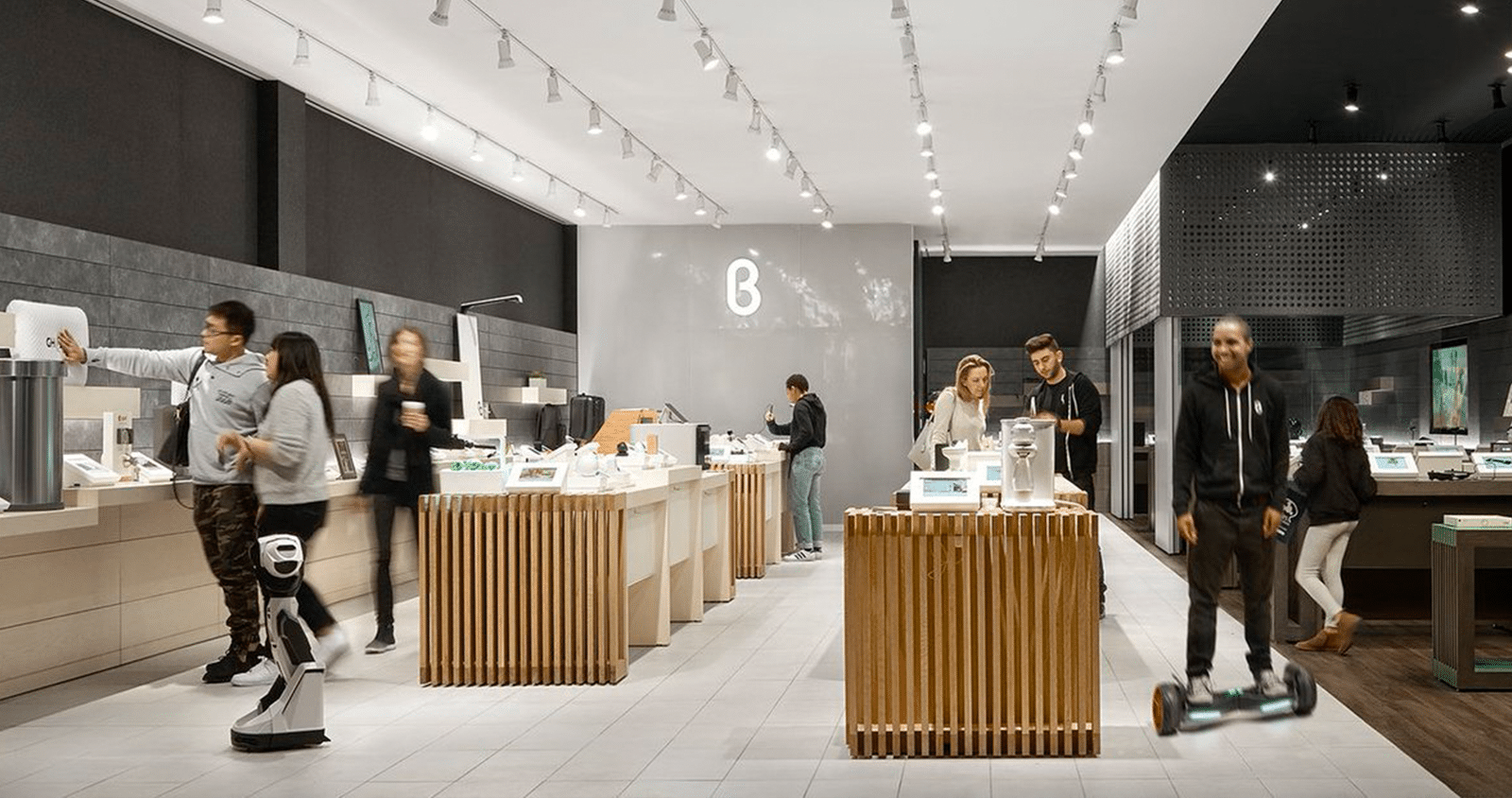
Thanks to the mobile revolution, the retail landscape has undergone a transformational journey from a point of purchase to a point of discovery. The role of the physical, brick-and-mortar store is now as much of an experiential one as it as a transactional one.
The trend of “discovery shopping” may have started in the e-commerce realm, with sites like ShopStyle and Wish, but it’s now seeping into traditional retail stores and even legacy malls. Retail is doubling as a fashion lab, where the consumer is the guinea pig. Young brands can set up shop inside existing retail spaces with flexible, short-term leases and other built-in perks like staffing, marketing, and display design.
Here are some of the innovative retail stores that are at the forefront of this new hybrid retail-as-lab trend:
Showfields

Self-described as “the most interesting store in the world,” Showfields is a new, multi-level retail concept in the NoHo area of Manhattan. Showfields partners with emerging brands to create “a stage for immersive storytelling and unlock new offline channels for growth.” The revolving brands range from fashion (Creagh handbags) to home goods (Gravity blankets) to oral care (Quip toothbrushes). Showfields’ all-inclusive short-term leasing packages feature a full range of white glove services including custom design, professional staffing, email capture, and access to comprehensive customer data.
Neighborhood Goods
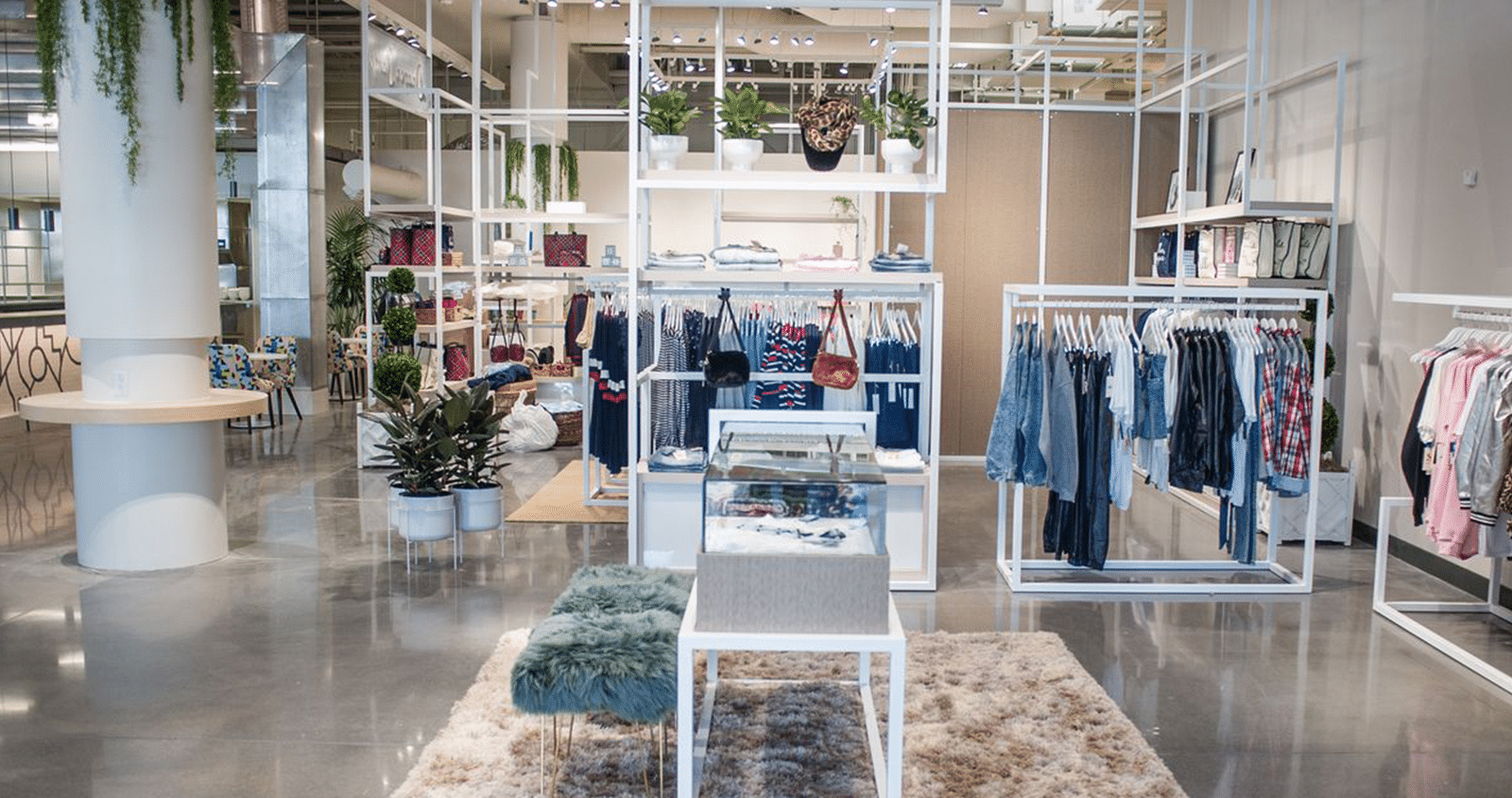
Neighborhood Goods is a Plano, Texas-based department store with “an ever-changing landscape of brands, products, and stories.” In addition to rotating cool, hip brands, the store also features its own bar and restaurant (Prim & Proper), a communal space where it holds regular social events, and even a sneaker museum where shoppers can learn about the history of “drops.” The retail concept recently announced its plans to open a second shop in New York City.
B8ta
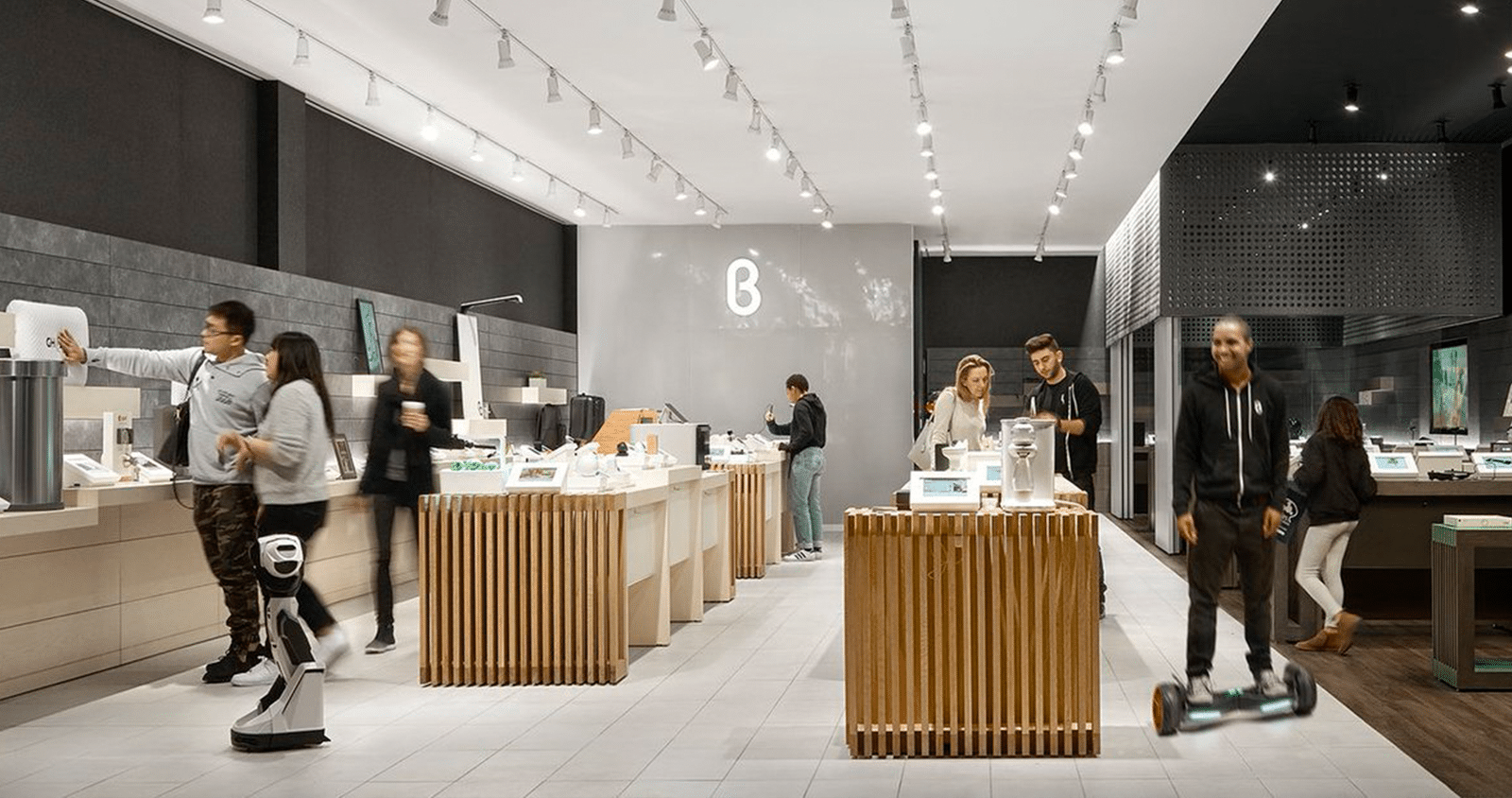
B8ta, which we previously wrote about in our Best Experiential Stores of LA Roundup, is a brick-and-mortar showroom that offers consumers the opportunity to test out the latest tech gadgets that aren’t (yet!) available in traditional big-box retail stores. Their “retail as a service” model enables under-the-radar tech brands to market test their products and receive feedback before their official launch. One of the biggest vendor perks is access to essential customer data like how much time customers interacted with their products on the floor and how they engaged with their products online with the in-store iPads. B8ta stores are located across the US, including major cities like New York City, Chicago, Austin, Los Angeles, and San Francisco.
Bulletin

Bulletin bills itself as “a curated wholesale marketplace stocked with the most modern, coveted brands – specifically, female-founded brands that aren’t on Amazon or “sold right down the street.” Its storefront, located in the trendy Nolita district of Manhattan, has given hundreds of female-led brands access to physical retail space for the first time, helping them scale and market their products and mission through monthly fireside chats, fundraising panels, and brand-building workshops.
BrandBox
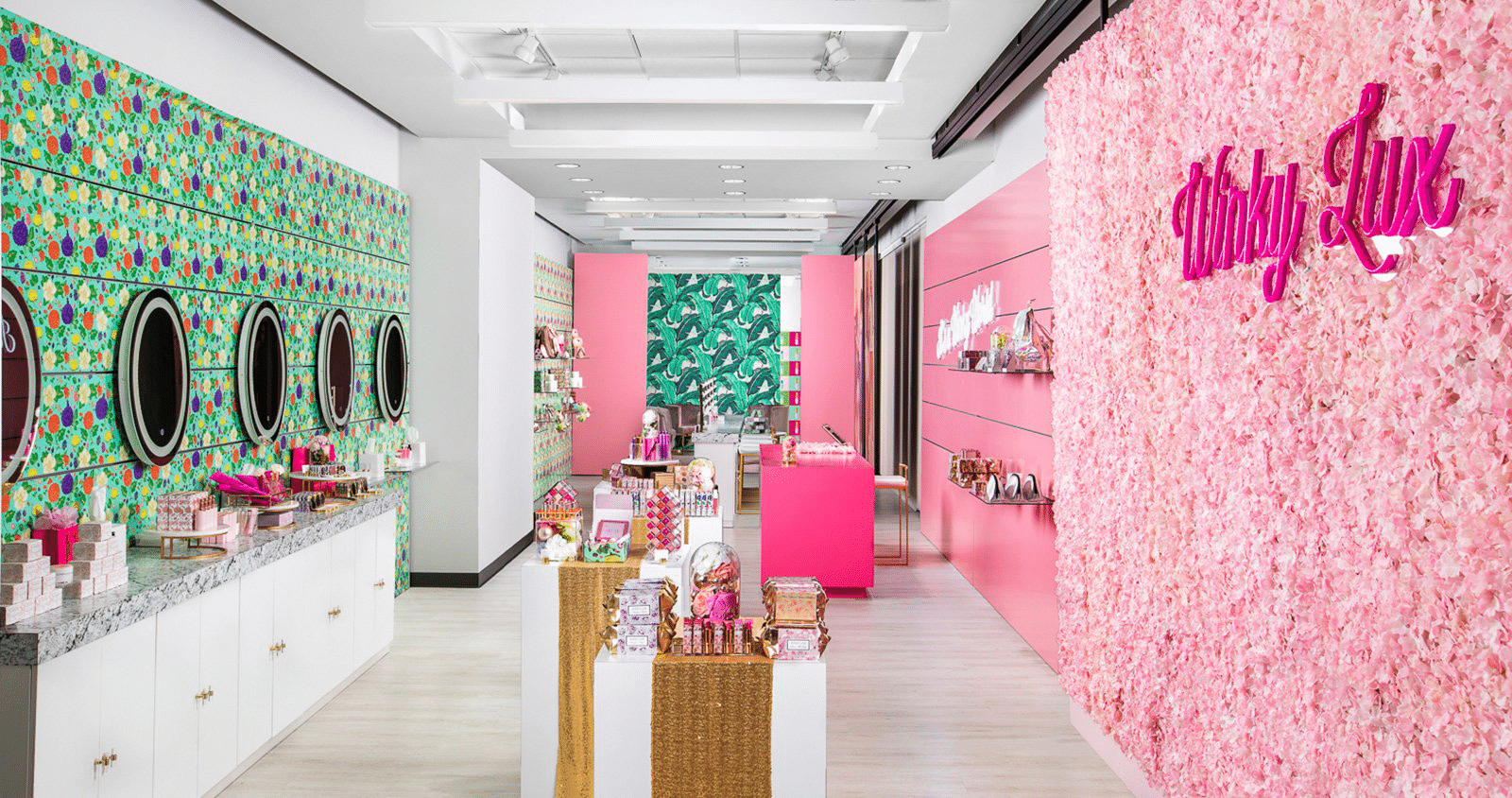
Mall owner Macerich debuted its first BrandBox retail-as-lab concept last year at Tysons Corner Center, just outside of DC. Housing six brands for 6-to-12-month lease terms, the mall will provide a variety of additional services including shelving, foot traffic data, RFID tagging for inventory, staffing, and marketing. There are three different store formats to choose from (Full Shop, Showroom, and Guideshop), as well as pre-designed themes that make it easy to set up shop quickly and efficiently. Since launch, Brandbox has now expanded to Scottsdale and Santa Monica with plans to open up storefronts in Macerich malls and other prime retail locations across the country.
Re:store
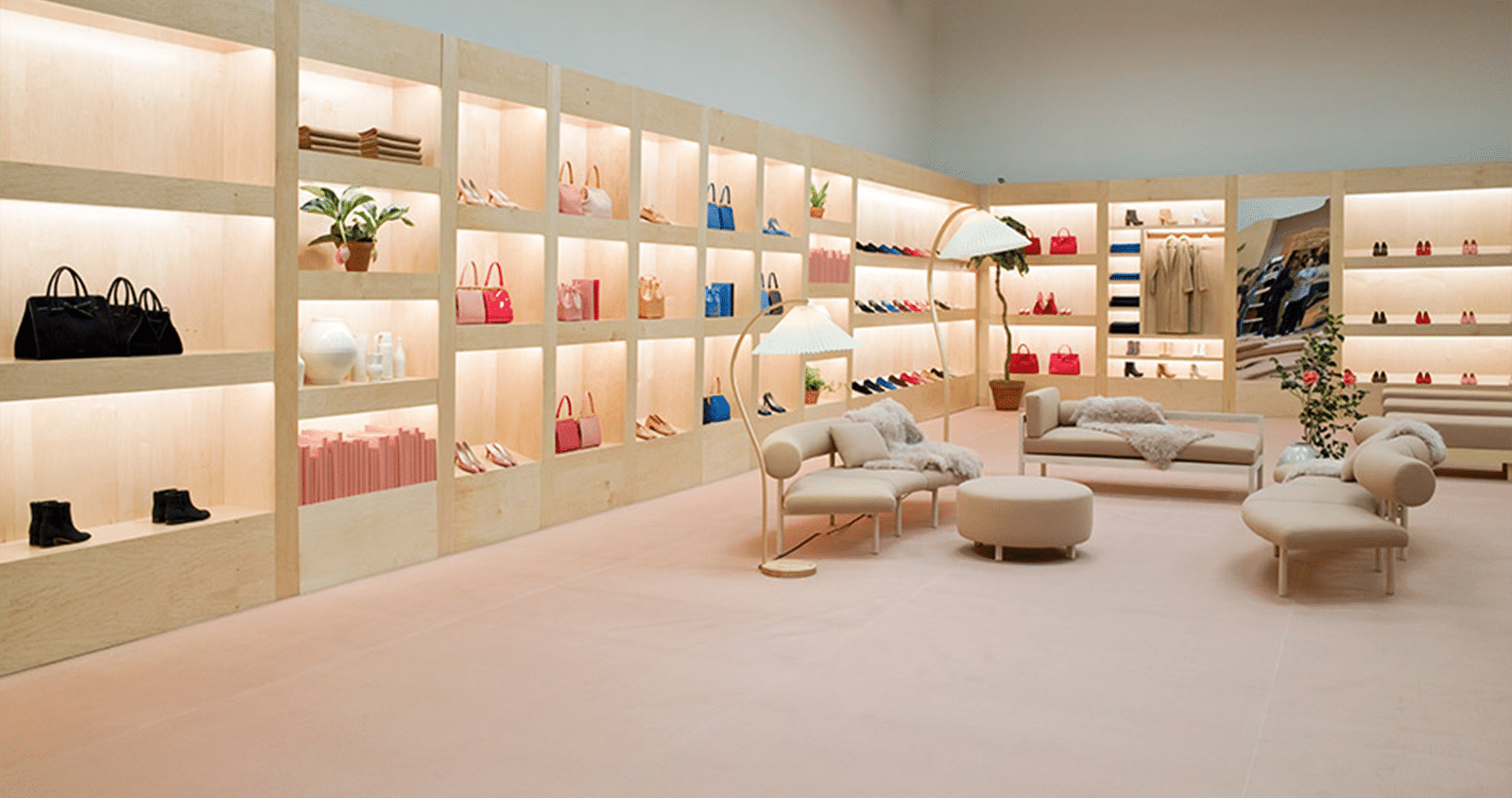
Dubbed “the WeWork of retail,” Re:store is a soon-to-be-launched San Francisco-based retail concept that will allow small, Instagram-ready independent designers to pay a monthly fee to sell their products in a shared storefront. In addition to benefiting from short-term leases in a prime SF location, brands will also be able to access inventory services (managing stock and fulfillment), store associates, and a co-working space.



